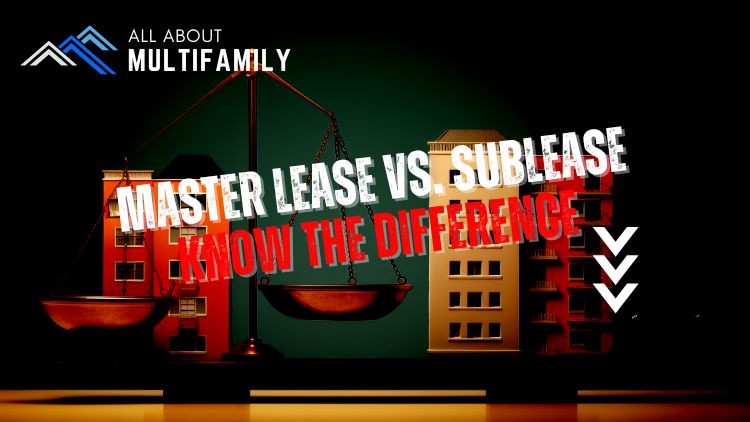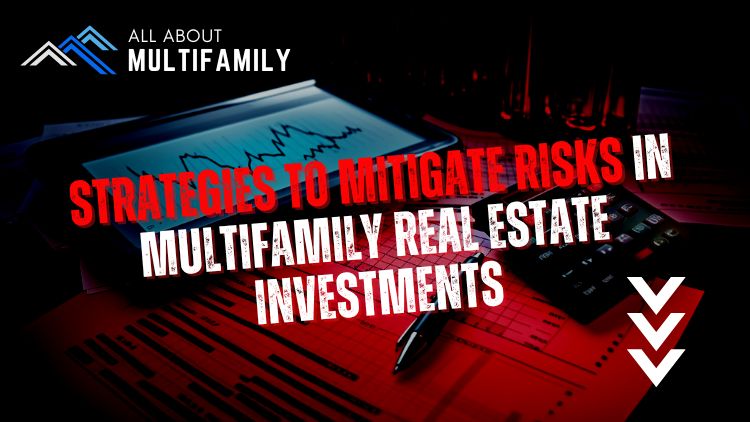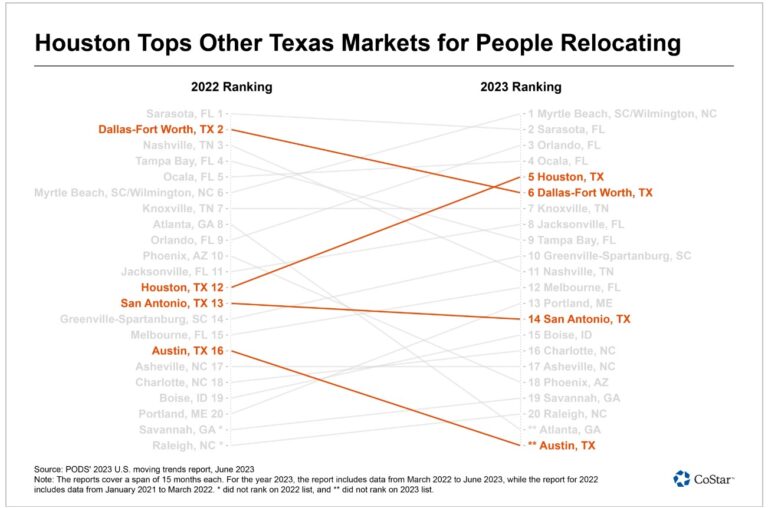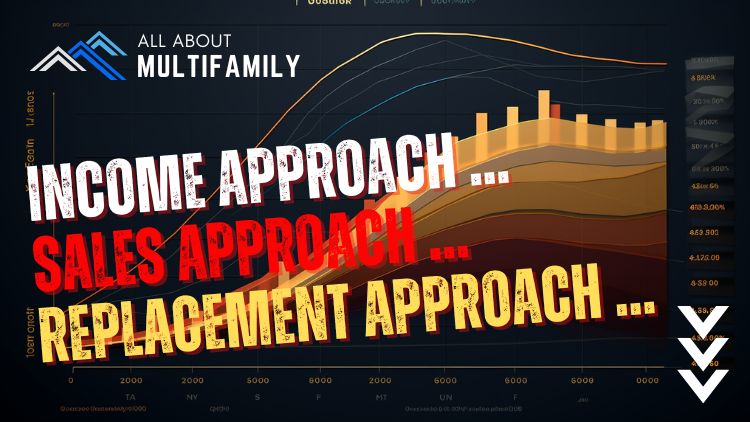Investing in real estate is a popular wealth-building strategy, offering various opportunities for investors to generate passive income and achieve long-term financial goals. When considering real estate investments, two primary options often come to mind: multifamily and single-family properties. In this article, we will provide a comprehensive comparison of multifamily and single-family investing, including a case example with data analysis and examples, to help you make an informed investment decision.
Understanding Multifamily and Single Family Investing
Multifamily Investing: Multifamily investing involves purchasing properties with multiple units, such as apartment buildings or condominium complexes. Investors can generate rental income from multiple tenants, spreading the risk and potentially increasing cash flow. Multifamily properties often offer economies of scale, allowing investors to benefit from efficiencies in management, maintenance, and expenses.
Single Family Investing: Single-family investing, on the other hand, focuses on acquiring individual properties, such as houses or townhomes, intended for a single family to occupy. Investors can generate rental income by renting out the entire property to a single tenant. Single-family properties offer more control and flexibility, as investors can choose the specific location and property characteristics that align with their investment strategy.
Comparative Analysis: Multifamily vs. Single Family Investing
To provide a comprehensive comparison, let’s analyze key aspects of multifamily and single-family investing.
1. Rental Income Potential:
Multifamily: With multiple units, multifamily properties have the potential to generate higher rental income compared to single-family properties. The combined rental income from multiple units can create a more stable and consistent cash flow stream.
Single Family: Single-family properties typically generate lower rental income compared to multifamily properties. However, they may offer more potential for appreciation in certain markets.
2. Property Management and Maintenance:
Multifamily: Managing multifamily properties requires more extensive management and maintenance efforts due to the larger number of units. However, investors can leverage professional property management services to handle day-to-day operations.
Single Family: Single-family properties are generally easier to manage and maintain since there is only one unit. Investors may choose to self-manage or hire a property management company for assistance.
3. Risk and Diversification:
Multifamily: Investing in multifamily properties provides diversification benefits since the risk is spread across multiple units and tenants. If one unit becomes vacant, the impact on overall cash flow is minimized.
Single Family: Single-family properties carry higher vacancy risk since rental income depends on a single tenant. If the tenant moves out, the property may be vacant until a new tenant is found.
4. Financing and Scalability:
Multifamily: Financing options for multifamily properties often include commercial loans and investor-friendly financing structures. Additionally, multifamily investing allows for scalability, as investors can acquire larger properties or expand their portfolio with multiple properties.
Single Family: Financing for single-family properties is typically more accessible and straightforward, as residential mortgages are widely available. However, scalability may be more challenging, as it requires acquiring multiple individual properties.

Case Example: Multifamily vs. Single Family Investing
Let’s consider a case example to further illustrate the comparison between multifamily and single-family investing.
Scenario:
Investor A decides to invest $500,000 in real estate. Investor B also invests $500,000 but chooses a multifamily property, while Investor C opts for single-family properties.
Multifamily Investment:
Investor B purchases a multifamily property consisting of 10 units, with an
average monthly rental income of $1,200 per unit. Assuming a 90% occupancy rate, the annual rental income would be $129,600.
Single Family Investment:
Investor C acquires five single-family properties, each with a monthly rental income of $2,000. Assuming a 95% occupancy rate, the annual rental income for each property would be $22,800, resulting in a total annual rental income of $114,000.
In this example, the multifamily investment generated higher annual rental income compared to the single-family investment.
Comparative Table: Multifamily vs. Single Family Investing
Here’s a comparative table summarizing the key aspects of multifamily and single-family investing:
| Aspect | Multifamily Investing | Single Family Investing |
|---|---|---|
| Rental Income Potential | High | Moderate |
| Property Management | More intensive | Relatively simpler |
| Risk and Diversification | Diversified | Higher vacancy risk |
| Financing and Scalability | Commercial loans | Residential mortgages |
Both multifamily and single-family investing offer unique advantages and considerations for real estate investors. Multifamily properties provide the potential for higher rental income and diversification, but require more intensive management. Single-family properties offer more control and scalability, with lower vacancy risks. It’s essential to evaluate your investment goals, risk tolerance, and available resources when deciding between multifamily and single-family investing. Conduct thorough research, analyze market conditions, and consult with professionals to make an informed investment decision that aligns with your financial objectives.














































![An In-Depth Look at Jake and Gino's Coaching Program [A Review]](https://allaboutmultifamilyinvesting.com/wp-content/uploads/2023/10/AAM-BMP-Blog-Covers-750-×-422px-6.jpg)


![Email Marketing Tips for Multifamily Real Estate Syndicators to Raise Capital [Templates included]](https://allaboutmultifamilyinvesting.com/wp-content/uploads/2023/09/AAM-BMP-Blog-Covers-750-×-422px-4.jpg)
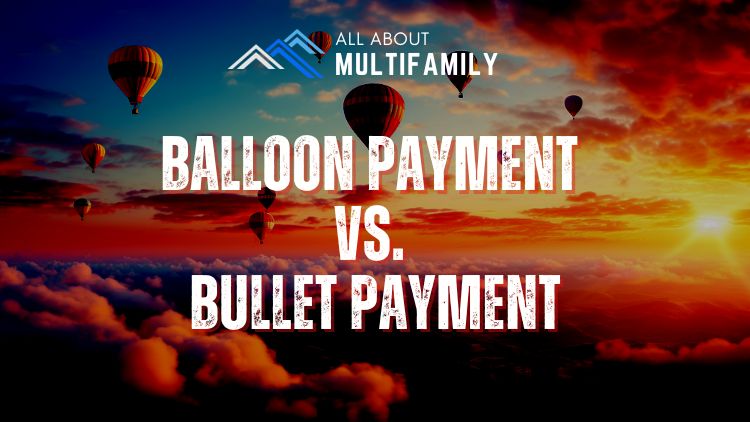
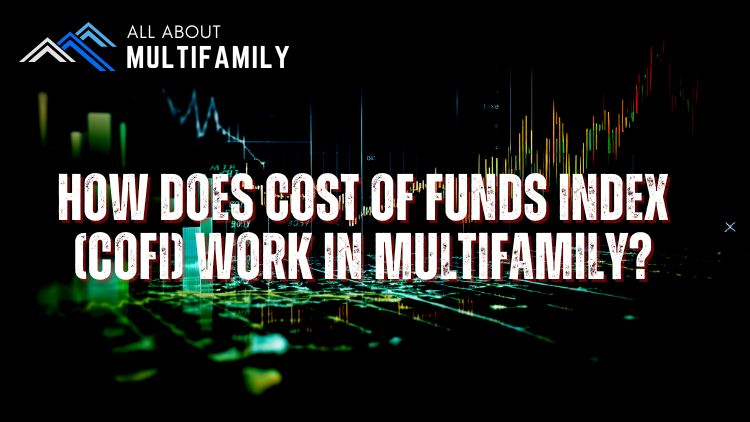

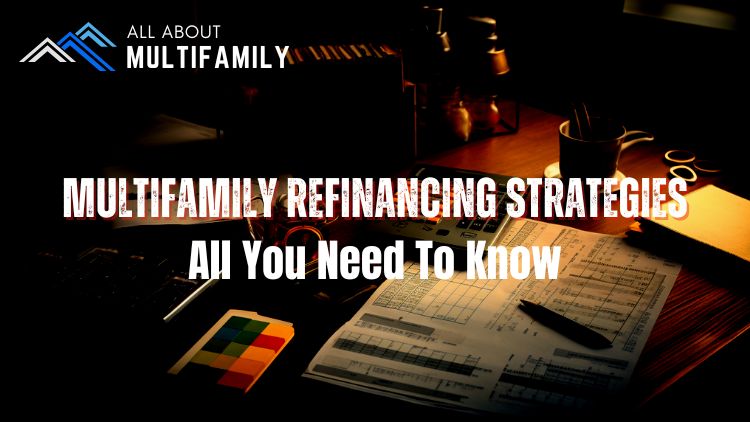


![The Richest Kids In America [Book Review]](https://allaboutmultifamilyinvesting.com/wp-content/uploads/2023/09/AAM-BMP-Blog-Covers-750-×-422px-84.jpg)


